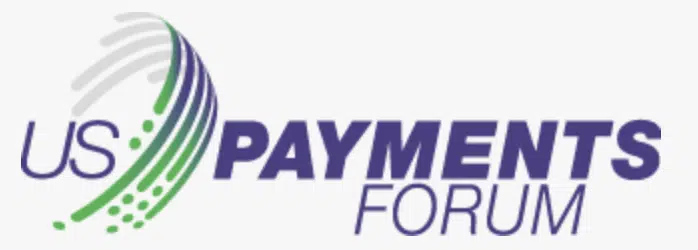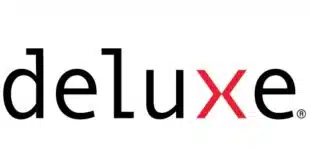Seeking to improve merchant adoption of PINless debit transactions, the U.S. Payments Forum Monday released a white paper detailing the potential obstacles to PINless debit implementation in the United States and how they can be overcome.
One advantage of PINless debit transactions is that they can be processed faster than PIN-based debit transactions, which creates a better payment experience for the consumer, according to the U.S. Payments Forum. Nevertheless, adoption of PINless debit by merchants varies widely. Merchants that feel their business can benefit from PINless debit, such as quick-service restaurants and retailers with smaller transaction amounts, for example, have readily adopted the technology, according to the U.S. Payments Forum.
In contrast, petroleum and hospitality retailers that use a dual-message technology, such as a pre-authorization followed by a transaction completion, have limited their adoption of PINless debit.

In addition, other entities have struggled with implementing PINless debit based on the U.S. Common Debit Application Identifier (AID). AID allows merchants to connect to any of the global and U.S. debit payment networks that are enabled on the card, including networks such as Star, NYCE, and Accel Exchange, according to payment technology provider Ingenico’s Web site.
The U.S. Payments Forum’s white paper identifies example transaction flows for EMV PINless debit processing, defines key terms related to PINless debit, provides implementation guidance for the U.S. market, and pinpoints additional considerations for the implementation of PINless debit.
The aim of the white paper, which was developed in collaboration with the Forum’s Debit Routing and Petroleum Working Committees, is to increase the consistency of PINless EMV debit transaction processing across payment networks, acquirers, processors, POS, and related technology providers, according to the Forum.
The Forum says its latest paper is intended to serve as a resource for merchants to maintain their ability to selectively route debit transactions to all eligible networks on the card and avoid or minimize any negative impacts to the consumer payment experience.





